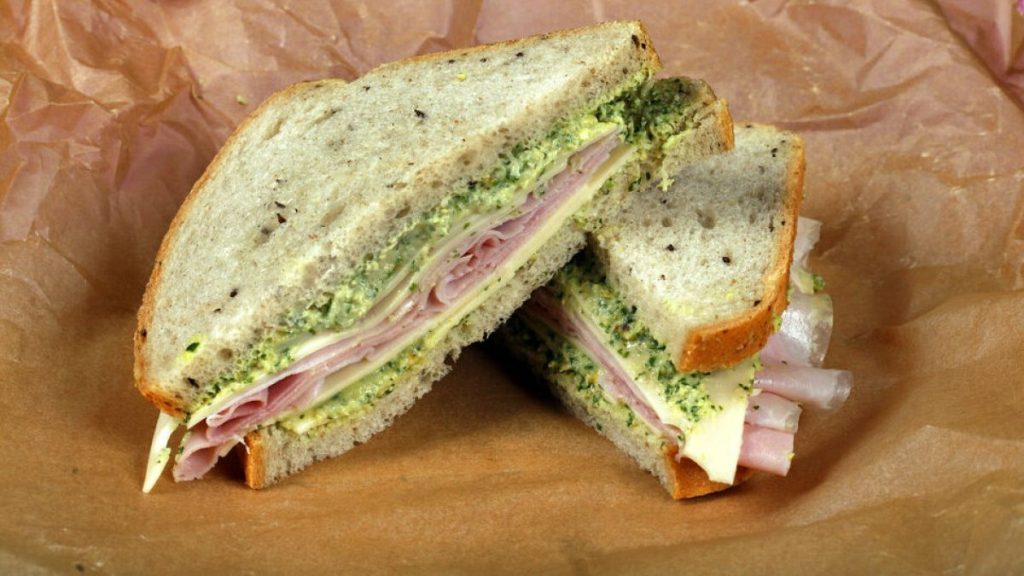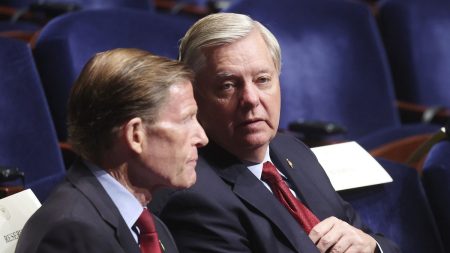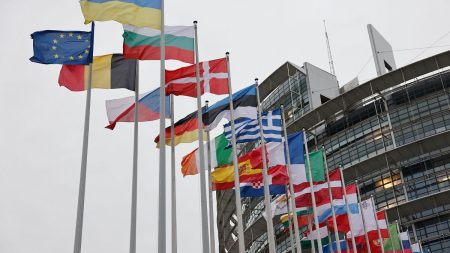Kemi Badenoch’s seemingly innocuous dismissal of the sandwich as “not a real food” ignited a surprising firestorm of debate in the United Kingdom, momentarily diverting attention from weightier political matters like the economy, immigration, and international crises. The Conservative Party leader’s comment, made during an interview with the Spectator magazine, where she also declared “lunch is for wimps,” preferring to work while eating steak or other brought-in meals, quickly became a focal point of media attention and public discourse. This seemingly trivial food preference sparked a reaction from Prime Minister Keir Starmer, who seized the opportunity to defend the humble sandwich as a “great British institution” and a significant contributor to the UK economy. The ensuing back-and-forth between the two political leaders highlighted the unexpected power of seemingly mundane topics to capture public attention and the strategic use of such moments by politicians to shape their image and connect with voters.
Badenoch’s dismissive remarks about sandwiches landed in a nation where the lunchtime staple enjoys immense popularity and cultural significance. The sandwich industry contributes billions to the UK economy, employing countless individuals and representing a cornerstone of British culinary tradition. Her comments, therefore, were not merely a personal dietary preference but a perceived slight against a national institution, triggering a wave of responses from sandwich enthusiasts, industry representatives, and, notably, political opponents. Prime Minister Starmer’s swift defense of the sandwich, emphasizing its economic importance and his own enjoyment of a simple tuna or cheese filling, was a calculated move to position himself as a man of the people, in touch with everyday British life and appreciative of its culinary traditions. This seemingly lighthearted exchange underscored the symbolic weight of food in political discourse and its ability to evoke strong emotional responses.
The “sandwichgate” controversy also served as a convenient distraction from more pressing political issues facing both Badenoch and Starmer. Badenoch faced criticism for her perceived lack of focus on the concerns of British farmers, who were protesting a controversial inheritance tax plan. Her dismissive comments about sandwiches allowed her critics to portray her as out of touch with the struggles of ordinary people and prioritizing personal preferences over pressing policy matters. For Starmer, grappling with low approval ratings and facing scrutiny over political donations and tax increases, the sandwich debate offered a welcome opportunity to shift the narrative. By championing the beloved sandwich, he aimed to project an image of relatability and connect with a broader public, momentarily diverting attention from his political challenges.
The timing of the sandwich controversy was particularly noteworthy, coinciding with a period of intense political scrutiny for both leaders. Starmer’s first six months as Prime Minister had been marked by challenges, including controversies surrounding political donations and unpopular tax hikes. His public image was under pressure, and the sandwich debate provided a convenient opportunity to present a more relatable and down-to-earth persona. For Badenoch, the controversy emerged shortly after her appointment as Conservative Party leader, a period during which she was under intense observation. Her dismissive comments about sandwiches, while seemingly trivial, risked reinforcing perceptions of elitism and detachment from the concerns of ordinary citizens, particularly farmers struggling with the inheritance tax issue. The controversy highlighted the precarious nature of public perception in the political arena and the potential for seemingly minor gaffes to have significant repercussions.
The “sandwichgate” saga also echoed previous instances where food had played a surprisingly prominent role in British politics. The infamous “bacon sandwich incident” involving former Labour Party leader Ed Miliband, whose awkward attempt to eat a bacon sandwich was widely ridiculed and even featured in a newspaper photo on the eve of the 2015 general election, served as a cautionary tale of how seemingly trivial food-related moments could be weaponized by political opponents and shape public perception. Miliband’s subsequent good-natured response to the sandwich controversy, expressing a desire for “cross-party consensus” on the matter, demonstrated a self-deprecating humor and a willingness to engage with the absurdity of the situation, perhaps aiming to reclaim the narrative and neutralize the negative connotations associated with the earlier incident.
The seemingly trivial nature of the sandwich debate belied its deeper significance within the context of British politics and culture. The sandwich, a ubiquitous lunchtime staple, carries cultural weight, representing a shared experience across social classes and a symbol of British culinary tradition. Badenoch’s dismissal of it, therefore, was perceived not merely as a personal preference but as a slight against a national institution, igniting a surprisingly passionate response. The incident revealed the symbolic power of food in political discourse, its ability to evoke strong emotions, and its potential to be strategically employed by politicians to shape their image, connect with voters, and even distract from more pressing political issues. The “sandwichgate” controversy, while fleeting, served as a reminder of the often-surprising ways in which seemingly mundane topics can become imbued with political significance and capture public attention in the ever-evolving landscape of political discourse.










